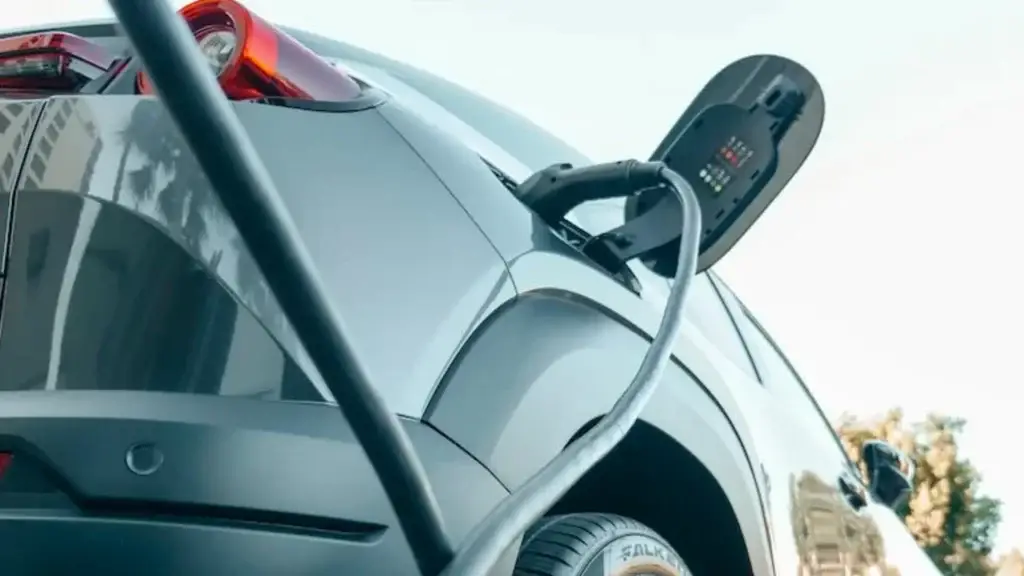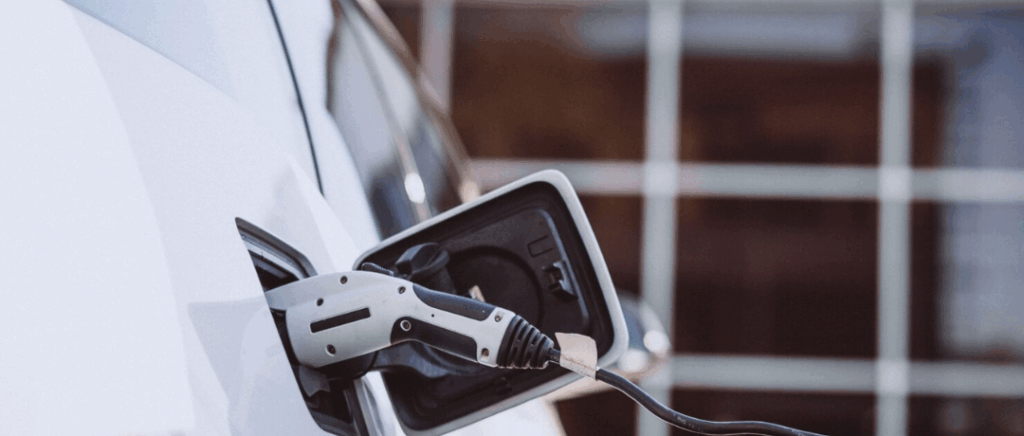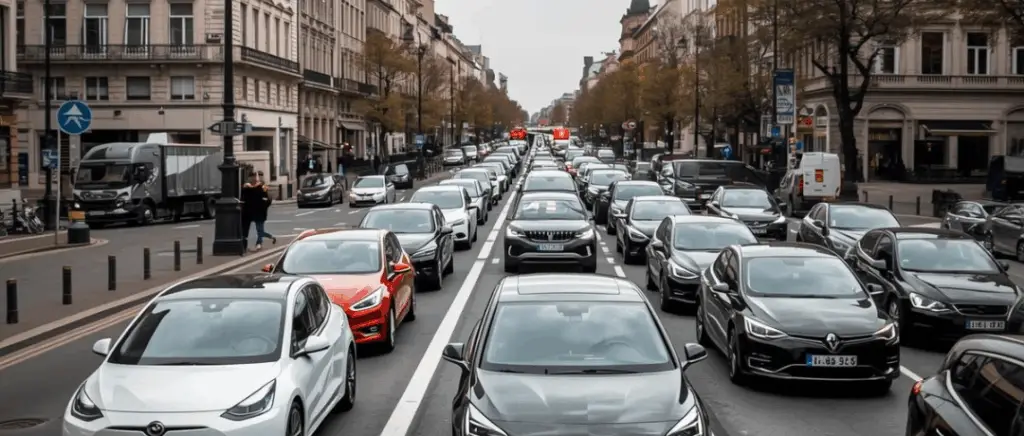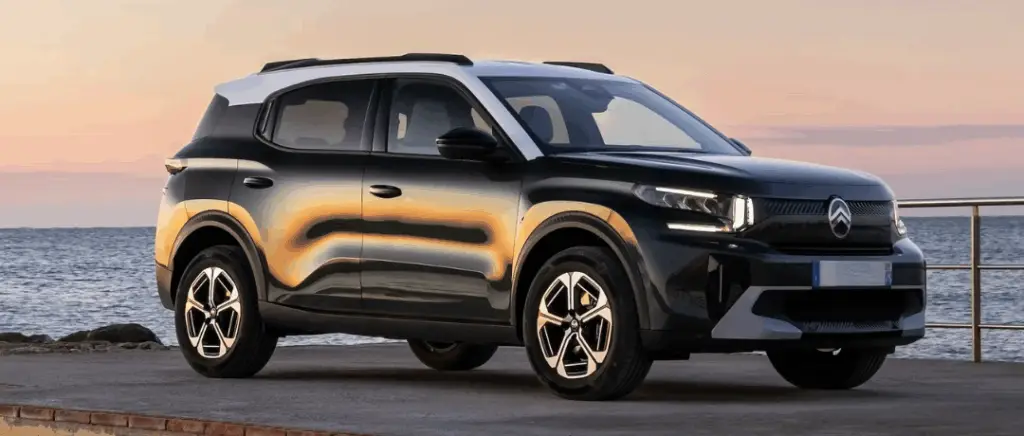Our experts answer your questions with a smile
Monday to Friday 9am - 12.30pm - 2pm - 7pm
Target 100,000 terminals
At the end of 2020, Barbara Pompili, the French Minister for Ecological Transition, and Jean-Baptiste Djebbari, the Minister Delegate for Transport, met with players from the automotive, motorway, energy and retail industries, as well as local elected representatives, to accelerate the deployment of electric vehicles and the development of the charging infrastructure network. Their objective: to install 100,000 charging stations open to the public. The objective had been set in advance by the President of the Republic.
Strong growth in sales of electric vehicles
The year 2020 saw an increase in the adoption of electric vehicles throughout France and Europe. To support this trend, the French government set up a environmental bonus and maintained its tax policy to encourage more companies and individuals to adopt cleaner vehicles. By 2022, there could be over a million electric and plug-in hybrid vehicles in France.
To read - By 2022, there could be more than 1 million electric and plug-in hybrid vehicles in France.
The "Objective 100,000 terminals" charter
To support this acceleration, the charging stations and their national coverage must follow. The government is therefore counting on a number of players to help it achieve its targets: local authorities, retailers, motorway companies, hoteliers and restaurateurs are all called upon to support this effort.
To read - Shops and hypermarkets installing recharging points
During the consultation, an "Objective 100,000 kiosks" charter was signed in the company of Barbara Pompili and Jean-Baptiste Djebbari, who praised the commitment of the players involved. E.Leclerc, LIDL, Système U, Green Yellow, Métropole du Grand Paris, FNCCR, as well as TOTAL, IZIVIA, ENGIE and ENEDIS publicly expressed their support for achieving this objective.
A series of measures to support the Target 100,000 Miles plan
To support the roll-out of the 100,000 Bus Terminal target, a series of additional measures had been decided.
- A sharp increase in aid for charging stations electric: up to 60% of the cost of charging points open to the public, i.e. aid ranging from €2,000 to €9,000, with a ceiling of €2,000 in 2020.
- The introduction of retrofit terminals already installed
- A €100m budget for charging stations on motorways and the national road network
- The introduction of a micro-creditwith government guarantee
- The removal of Crit'Air 2 vehicles from the conversion premium
- The introduction of a bonus 1,000 for used electric vehicles.
But where do we stand today? Will the 100,000 km target be met?
Back in early 2021, a study by EY-Parthenon estimated that it would be difficult to achieve the target of 100,000 public access charging points by the end of 2021 in France.
"Even if we managed to double the number of charging points installed in 2020 by 2021, France would still only have 60,000 units by the end of 2021. We would need to install five times more than in 2020 to meet the target set out in the strategic industry contract", said Gianluigi Indino, partner at EY-Parthenon.
100,000 terminals target: 7% growth in just a few months
That's the information to remember. 33,363 charge points open to the public are currently in service in France.
According to Cécile Goubert, General Delegate of Avere-France, that's 7% more than since the start of the year. This brings the total number of private and public charging points in France to 451,803.
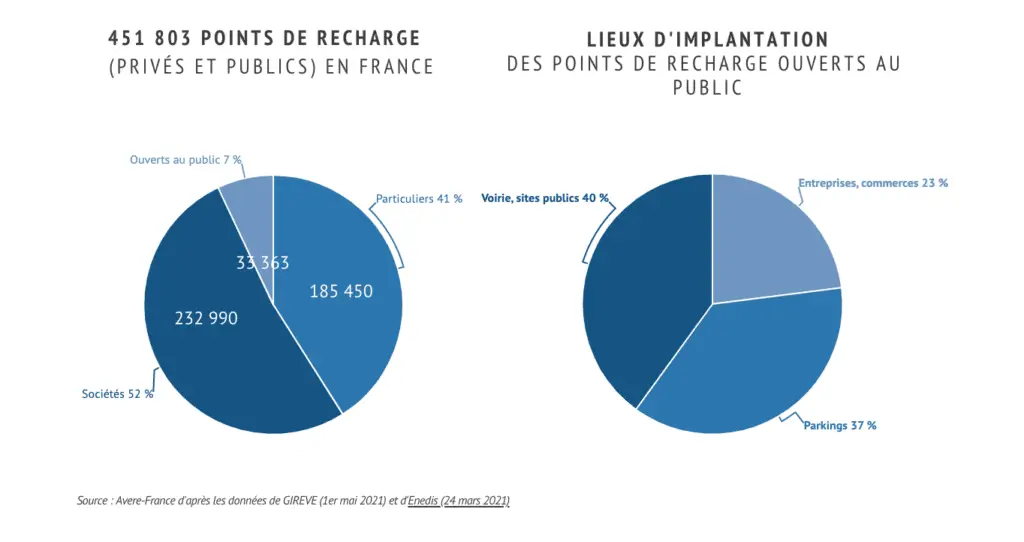
Source: Avere France
"On 1 May 2021, France had 33,363 charging points open to the public, an increase of +7 % compared with our previous barometer (February 2021). While this increase marks a slight upturn in deployment compared with 2020, it seems increasingly necessary to speed things up in view of the deteriorating ratios of the number of vehicles per charging point. The publication of long-awaited regulatory texts, such as the revision of Decree No. 2017-26 of 12 January 2017 on charging infrastructure for electric vehicles, should open up a new dynamic."
Cécile Goubert, General Delegate of Avere-France
What is the revision of Decree No. 2017-26 of 12 January 2017 on infrastructures?
The new decree on charging points open to the public was published in the Journal officiel on 4 May 2021.
The most important information to remember : The revision of the decree no. 2017-26 of 12 January 2017 on charging infrastructure for electric vehicles burying the obligation of the standard CHAdeMO on fast-charging stations. New charging stations installed or replaced between now and 2024 will have to have at least a type 2 connector, which will be able to offer a minimum power of 22kW, and a Combo2 connector for fast charging.
As a result, this new decree will save thousands of euros on each installation, and is likely to speed up the roll-out of fast-charging stations.
The end of this obligation was not to the liking of the 1 million owners of CHAdeMO vehicles. However, this clear-cut decision goes in the direction of the new vehicles being put on the road, which already no longer use this technology.
The proportion of fast-charging points is still low
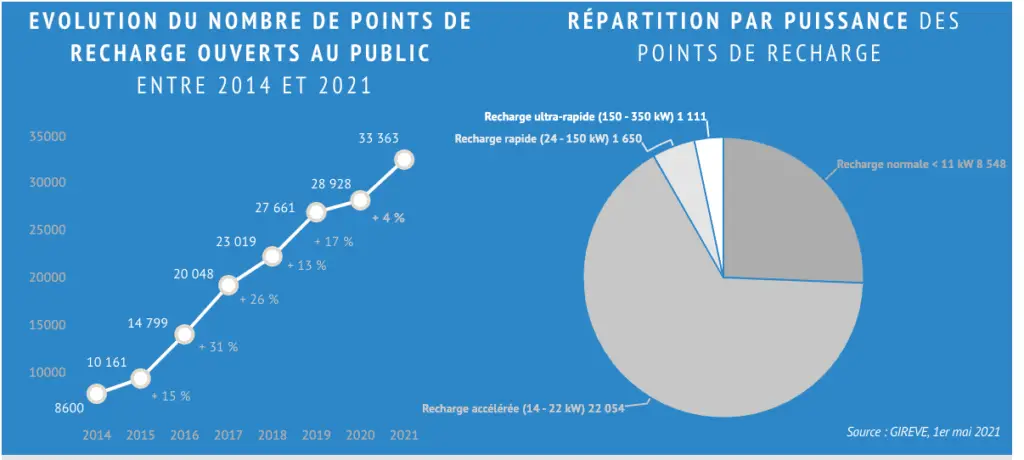
- Recharging in alternating current (AC) predominates: 30,788 recharging points open to the public are "AC" (a value up +6 % compared with 1 February 2021)
- Direct current (DC) charging is lagging behind, with 2,006 charging points. This is still an increase of 26 % compared with the last Avere barometer.
- Only 569 charging points deliver both AC and DC power.
So there's still a long way to go, but with the aid announced and the decontrol in Europe, there's still hope of reaching the target of 100,000 charging points by the end of 2021.
Europe must commit to the installation of charging stations
The lack of recharging infrastructure is not just a French problem. In Germany, the VDA calls for more charging points.
What is the VDA?
The Verband der Automobilindustrie (VDA, literally Union of the Automotive Industry) is a body responsible for defining the standards used in the automotive industry in the German area of influence.
The survey published by the VDA shows that 17 cars now have to share a public charging point, compared with 13 six months ago. It should be noted that this survey does not take into account the charging stations private (at home or in businesses), but it is clear that more fast-charging stations need to be installed.
A recent study showed thathe installation of charging stations is a sine qua non if electric vehicles are to replace combustion engine vehicles in Europe in the medium to long term..
To read - Turning point: Electric vehicles cheaper than combustion engines by 2025
In conclusion, we need to step up the pace if we are to meet the target of 100,000 charging points by the end of 2021. It should be pointed out that the health crisis has not helped the roll-out of charging infrastructure.
It would not be surprising if the subsidies were renewed next year in order to achieve this ambitious target. We shouldn't forget the very fast recharging points that are so popular with motorists.
If you would like to find out more aboutsupport for the installation of charging points for private customers in 2024For more information, see our article on this subject.
To read - Good news! Fastned will soon be on French motorways
